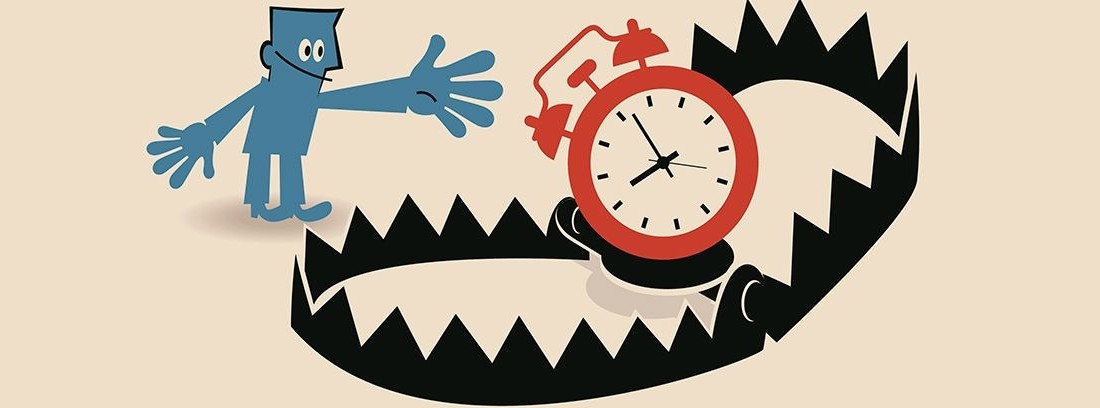Cheat meal or free meal: is it effective?

When we talk about sports disciplines like him, it is increasingly common to hear the concept: cheat day or cheat meal, which is the "free" day of the week, on which any type of food can be eaten, regardless of calories or nutritional composition. But is it really beneficial or necessary?
Personalized diet
One of the secrets to one's success is personalization. To get the most out of an athlete, regardless of the discipline in question, individualization is what will make the difference. Even speaking of apparently similar individuals in weight and height, many other factors involved in performance must be taken into account. Physiological and metabolic processes, physiological adaptation to the sport practiced, previous basis, state of health, etc. If we talk about fitness, it is even more important to personalize and modify it depending on the performance that is obtained.
More and more athletes, generally amateurs, join the cheat day or "cheat meal”Hoping for better results. But do they really contribute any?
Cheat meal benefits?
For those who put it into practice, the reasons are diverse: from burning more fat, giving a "psychological break" to strict diet usual ... Contrary to what may be thought, experts point out that this day off It is not part of the weight loss or fat burning plan, nor does it reduce cravings for those foods. And, as in all cases, the diet will act in one way or another depending on the person, their personal characteristics, body composition, training, etc. In most cases it causes more negative problems than beneficial ones.
Consequences of the cheat meal
The cheat meal It should be the day in which we can eat in "moderation" the foods that are not allowed in our daily diet, but if excessive amounts are eaten and foods such as "" of very poor quality, the consequences can be very negative. The two most frequent are:
- The person who has exceeded, and reduces the rest of the week to make up for the excess that day. If we ingest calories below those necessary, an increase in muscle mass is not possible, no matter how well the training is performed. The muscle will have neither the protein nor the glycogen necessary to maintain or to keep increasing and the workouts will not be effective.
- Being aware that there is only one cheat meal a week, some people arrive with such anxiety, knowing that they will not eat this type of food again until next week, that they eat disproportionate amounts and may even reach 4,000-6,000 kcal. If we take into account that they easily eat one or two familiar pizzas or two hamburgers with potatoes, soda ... it is relatively easy to achieve these calories by throwing away, most likely, training and weekly diet.
conclusion
In the case of making a “cheat day”, it should not be in huge quantities or with junk food. It can simply be a normal family meal or more elaborate dishes can be prepared at home without worrying about the quantities or type of food, simply those foods that do not usually enter the usual diet and that you may want.
The cheat meal will or will not be carried out depending on each athlete, depending on the results obtained and with the help of the sports nutritionist, what is important to emphasize is that it should not be a day in which "anything goes", and make the common mistakes of hypercaloric intake or compensation that will throw away the weekly workout.
- In the sports disciplines of fitness the cheat day or “cheat meal"Is the" free "day of the week, in which any type of food can be eaten, regardless of calories or nutritional composition.
- If we ingest calories below those necessary, an increase in muscle mass is not possible no matter how well the training is performed. The muscle will have neither the protein nor the glycogen necessary to maintain or increase and the workouts will not be effective.
- Some people arrive with such anxiety to the cheat day that they can eat inordinate amounts of food that even reach 4,000-6,000 kcal.
Monica Carreira
Diploma in Human Nutrition and Dietetics
Specialist in pharmacology, nutrition and sports supplementation
(Updated at Apr 14 / 2024)